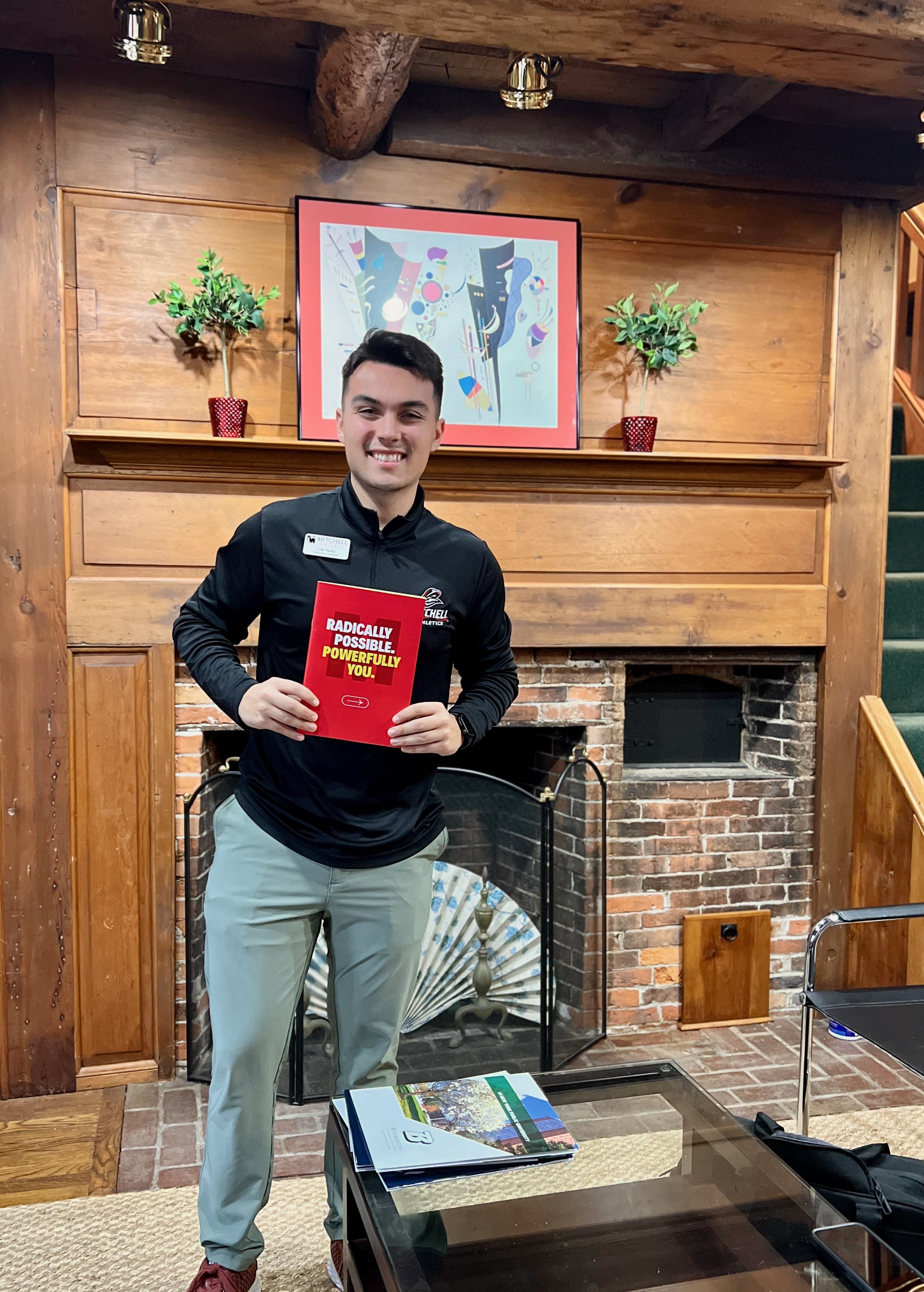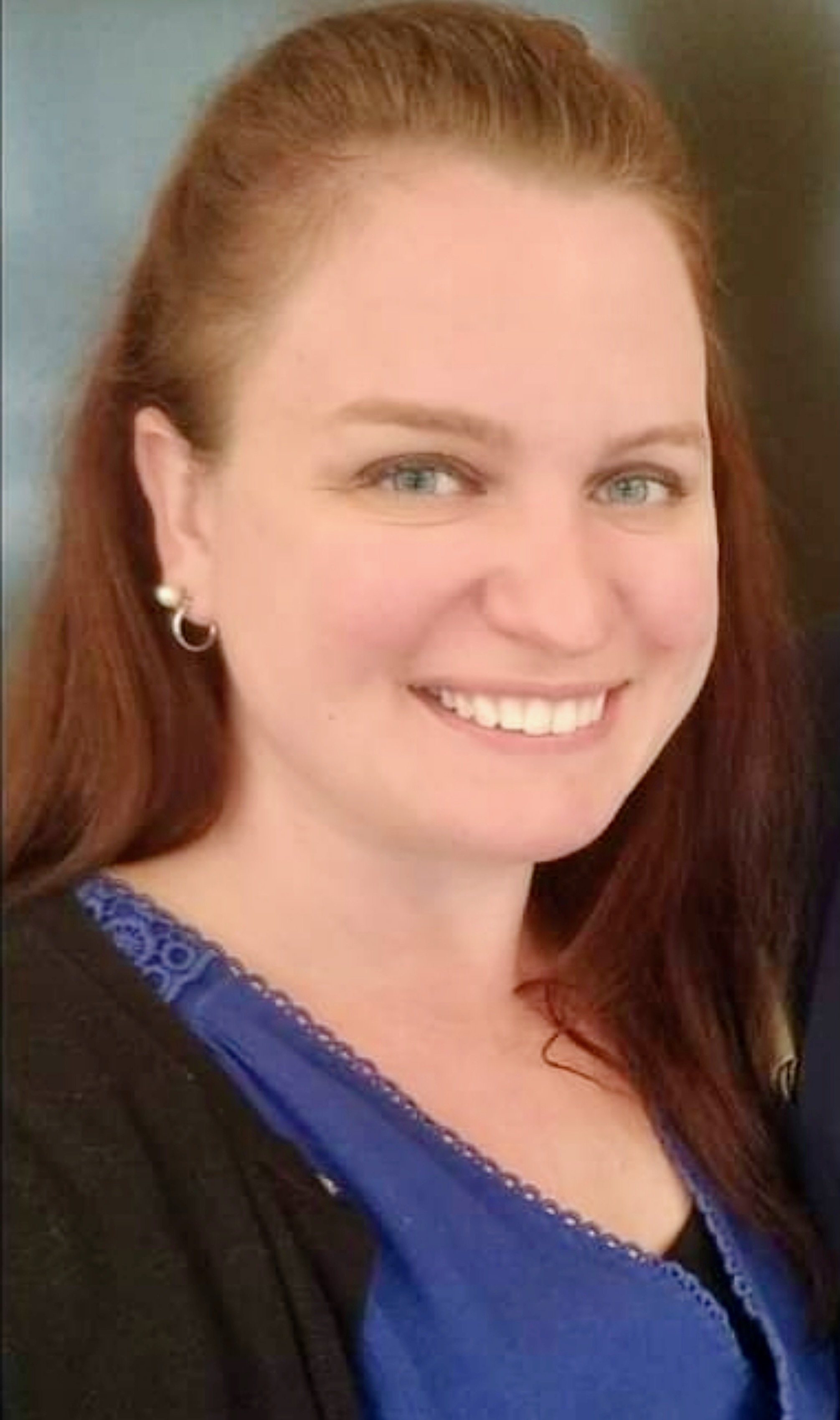Starting college can be a confusing and stressful time for anyone, but students with learning differences (such as ADHD, dyslexia, dyspraxia, and others) have even more obstacles than most. Fewer than 1 in 20 college students with disabilities report their specific learning disability, and those who wait until after their freshman year to request accommodations were three and a half times more likely to not graduate within 6 years.
This may be because students are reluctant to label themselves as “different” or just because they don’t know where to start. A survey conducted by the National Center for Learning Disabilities found that 75% of parents had a difficult time finding information about college disability services. Despite a student’s reluctance or challenges navigating the accommodations process, proper accommodations can play an important role in simplifying a student’s life and determining their academic success.
One point of note–it’s important for students and parents to understand that accommodations work differently for students in high school than they do in college, and different laws with different intentions apply. Individualized school accommodation plans such as IEPs (Individualized Education Plans) do not carry over to college, and the Individuals with Disabilities Education Act (IDEA) administers the student’s special education plan only until high school graduation. For college students, Section 504 of the Rehabilitation Act of 1973 prevents students from being discriminated against due to their disabilities by any college that accepts federal financial assistance, and the American Disabilities Act of 1990 is a federal civil rights law that mandates equal access for students with disabilities.
As Bryn Mawr College describes it, the major difference between the K-12 and college environment is that K-12 accommodations are designed to ensure student success, whereas college accommodations are designed to provide equal access.
If your student needs accommodations in college. Here are some steps you can take:
Start early: Students themselves (not parents or school personnel) must begin the process. Students should register with the disability services office a few months before they step foot on campus. Students will meet with the disabilities office to discuss the type of support they need and will be required to provide documentation of their disability. They will usually receive a dedicated contact person at the disabilities office for the duration of their accommodations. Accommodations are granted upon two factors: necessity and reasonableness. Common accommodations include extended time on exams, a note-taker or note-taking technology, and a reduced course load. Generally, students will not receive reduced assignments, grading changes, or multiple attempts at exams.
Self-advocate: Students need to be their own self-advocates in college, as they may receive less personal help than they did in high school, and parents are no longer legally allowed to be a part of the process. For example, the method for informing professors depends on the college, but it’s usually up to students to give their accommodation letter from the disabilities office to the professor and explain their specific needs in detail.
Keep up to date: Accommodations often need to be renewed every quarter or semester, and it’s also essential for students to be in communication with their professors. If students encounter any issues receiving their approved accommodations, then they’ll need to contact the disabilities office. Similarly, if students realize that their accommodations are not working well enough, then it’s their responsibility to reach out to the disabilities office to alter them.
It’s important for students to receive the help that they need. Colleges may be legally required to do so, but success ultimately depends upon the student. Being prepared to navigate this process can ensure a smoother freshman year and beyond.










